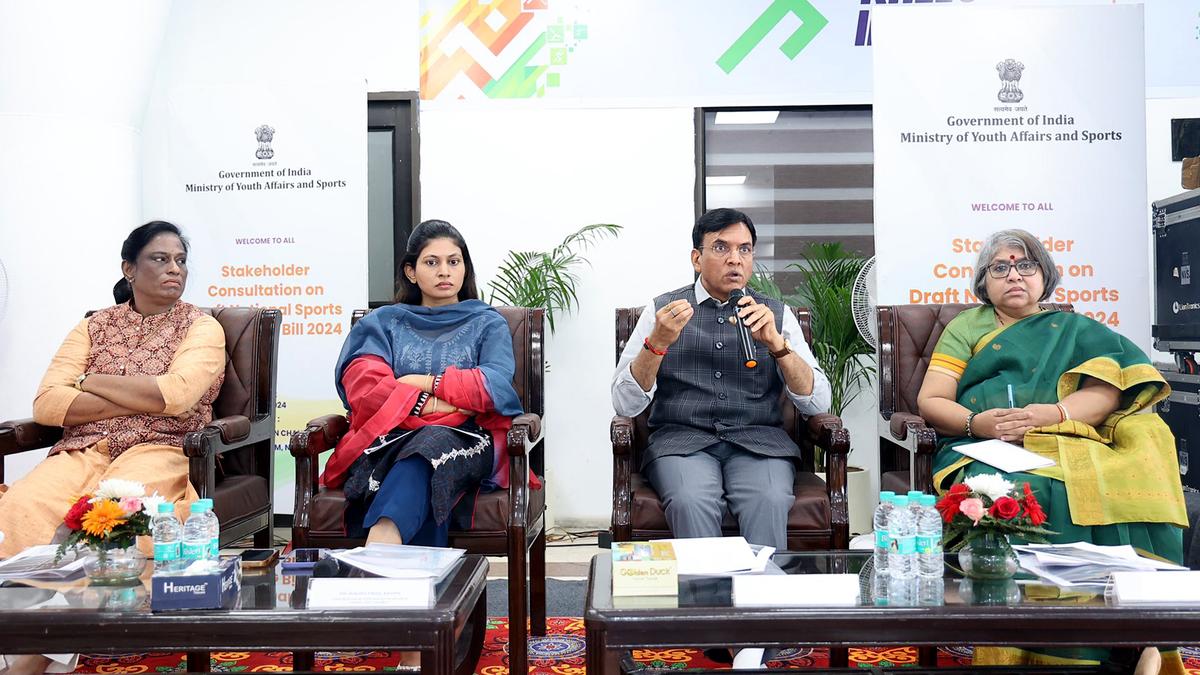Now Reading: National Sports Governance Bill 2025: Could It Undermine Autonomy of Sports Bodies?
-
01
National Sports Governance Bill 2025: Could It Undermine Autonomy of Sports Bodies?
National Sports Governance Bill 2025: Could It Undermine Autonomy of Sports Bodies?

Quick Summary
- National Sports Governance bill, 2025: Introduced in Lok Sabha on July 23, aims to regulate sports administrators in India, including the BCCI.
- Proposed Features:
– Creation of National Sports Board (NSB) to recognize, suspend or cancel registrations of sports organizations and ensure compliance with international standards.
– Establishment of new governance bodies like National Olympic Committee and Regional Federations aligned with international recognition.
– NSB powers include inquiries into misuse of funds, safety policies for athletes, overseeing elections for executive committees in federations.
- Election Processes: Managed by a National Sports Election Panel; disputes absorbed under a newly formed National Sports Tribunal. Certain cases are excluded from tribunal jurisdiction (e.g., doping cases).
- Opposition: BCCI and Indian Olympic Association cited curtailing autonomy as major concerns.
- Government Oversight: Sports organizations recognized by NSB designated as public authorities under RTI Act. Central government holds important rule-making power over various aspects like election modes and team participation criteria.
!80/HSP185931.jpg”>Related Image
!Related Image
Indian Opinion Analysis
The introduction of the National Sports Governance bill embodies an ambitious reform initiative aimed at achieving greater openness in India’s sports governance while ensuring athlete welfare and organizational accountability. The formation of authoritative bodies such as the National Sports Board signals an effort to consolidate fragmented oversight mechanisms currently prevalent across multiple organizations.
However, notable dissent from high-profile entities like BCCI and IOA highlights concerns over potential state-overreach into traditionally autonomous domains. Balancing regulation with autonomy will be crucial to avoid alienating stakeholders without compromising on fairness or efficiency. By mandating RTI compliance for recognized sports bodies coupled with provisions addressing ethical conduct and misuse of funds, the bill proposes accountability measures that could reshape national perceptions about integrity within sporting institutions.
provisions which streamline dispute resolution processes via special tribunals could reduce long-standing inefficiencies plaguing Indian sporting management systems but will require effective operationalization to realize intended benefits fully.























